Professor Thandika Mkandawire, Chair in African Development at LSE, has been announced as the keynote speaker for the 2015 Civil Society Agriculture Network (CISANET) conference at the end of July.
CISANET is a policy organisation concerned with agriculture and food security policy issues. Its 2015 National Conference will take place next week (29-30th July) at the Crossroads Hotel in Lilongwe, Malawi.
The theme has been announced as “Science and Technology for Agriculture Development”.
The organisation’s National Director, Tamani Nkhono-Mvula, said it was important to build on the previous year’s conference to address the future of agriculture as well as the past.
“CISANET believes that if we are to have a vision and roadmap for developing agriculture in Malawi, that vision should be built around advancements in science and technology as this will be the core of agriculture development”, he said.
Speakers to provide “crucial” future vision
Presenters will address research findings and policy recommendations on how Malawi can integrate science and technology into current policy. They will also deliver their visions for the future of the agricultural sector in Malawi, which CISANET hopes to use in future policy advocacy work.
The organisation is keen to keep innovative agricultural and development policy at the heart of party manifestos and national policy discussion.
Speakers at the event include Professor Richard Mkandawire, the Vice President of the African Fertilizer and Agribusiness Partnership (AFAP) and former manager of the Comprehensive Africa Agriculture Development Programme (CAADP).
He will be joined by Dr Blessings Chinsinga (University of Malawi), Stanley Khaila, the Chair of the National Advisory Committee for the African Farm Radio Research Initiative in Malawi, and Professor Emmanuel Kaunda of the Lilongwe University of Agriculture and Natural Resources.
At the end of the two-day event, LSE’s Thandika Mkandawire will give a public lecture on ‘Rethinking a Developmental State in Malawi’, which Vice President Saulosi Chilima will attend as guest of honour.
Thandika’s recent work includes an essay on ‘the spread of economic doctrines and policymaking in postcolonial Africa’ for the African Studies Review and a study on neopatrimonialism for the World Politics journal.
“Science and technology must be at the center of our programming and investments if any meaningful changes are to be made in our pursuit of value chains developments and agriucultural industrialization”, Mr Nkhono-Mvula said.
“CISANET believes that a clear vision and its developmental roadmap for the agriculture sector in Malawi will be crucial moving forward as we review our national and agricultural policies, implementation frameworks and investment plans.”
Prof. Mkandawire talks economics in Africa
Related Posts
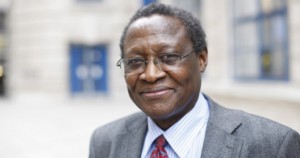 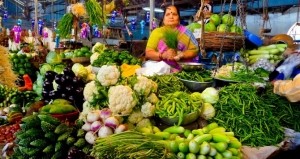  |



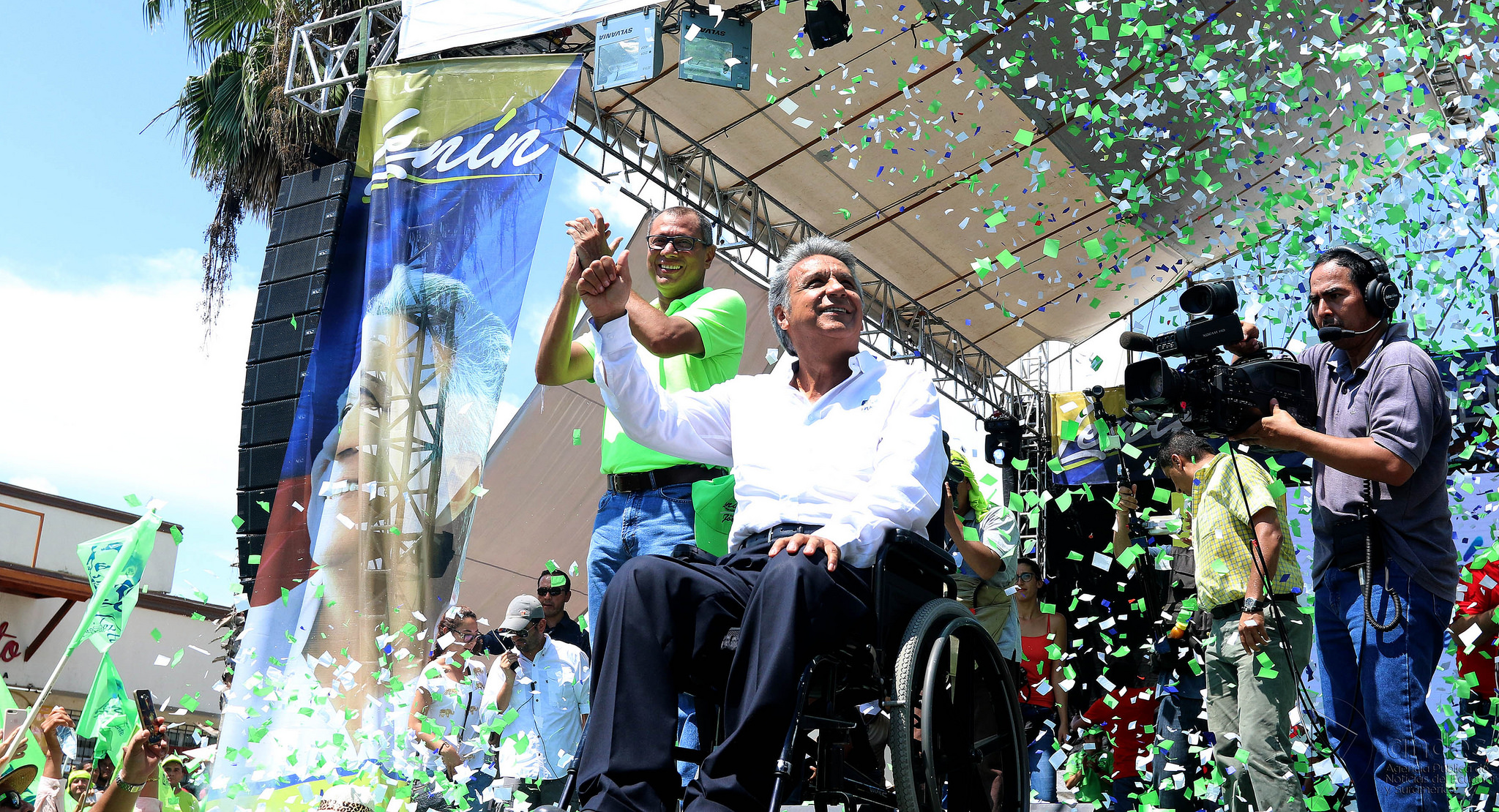

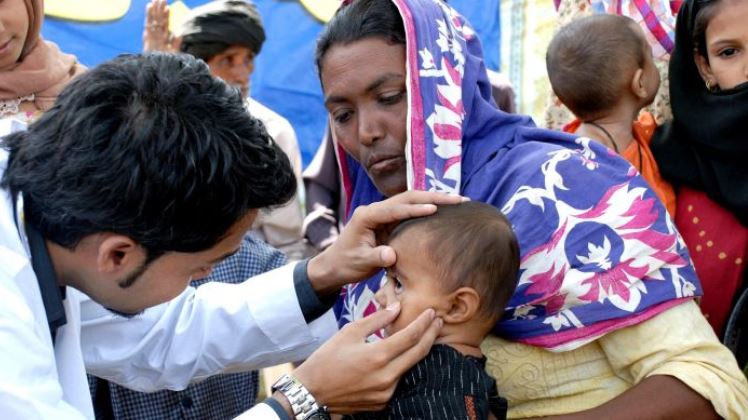
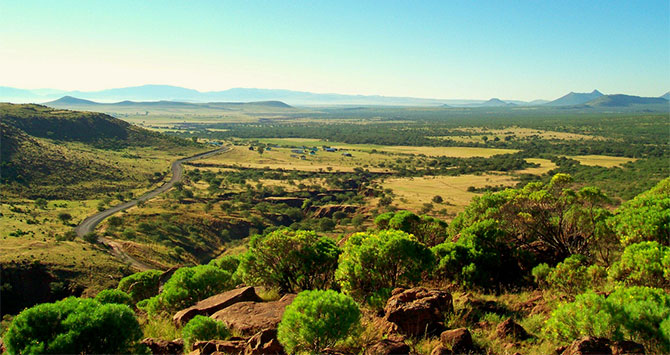
Prof Mkandawire is one great thinker for Africa. Leaders Listen to him!